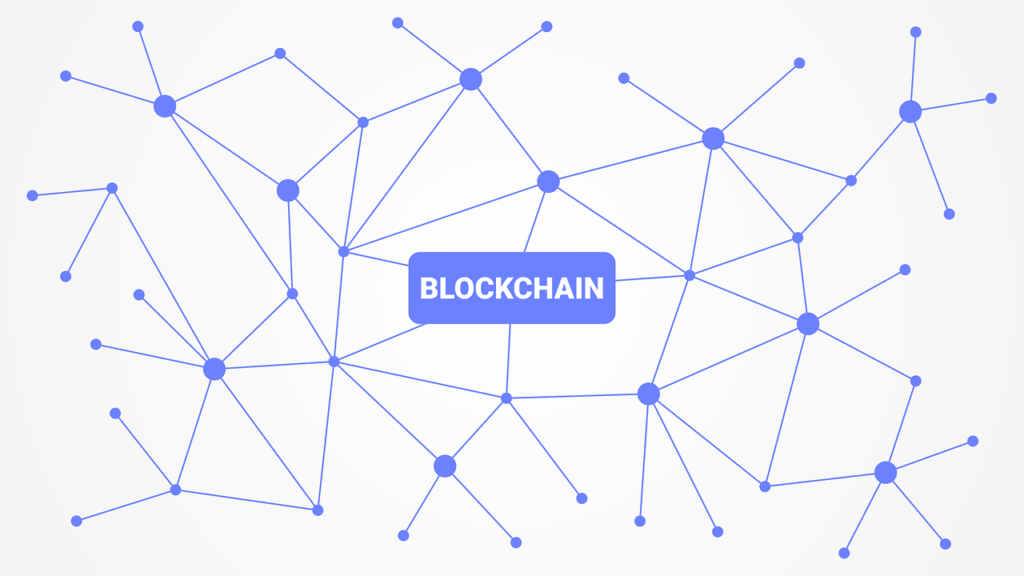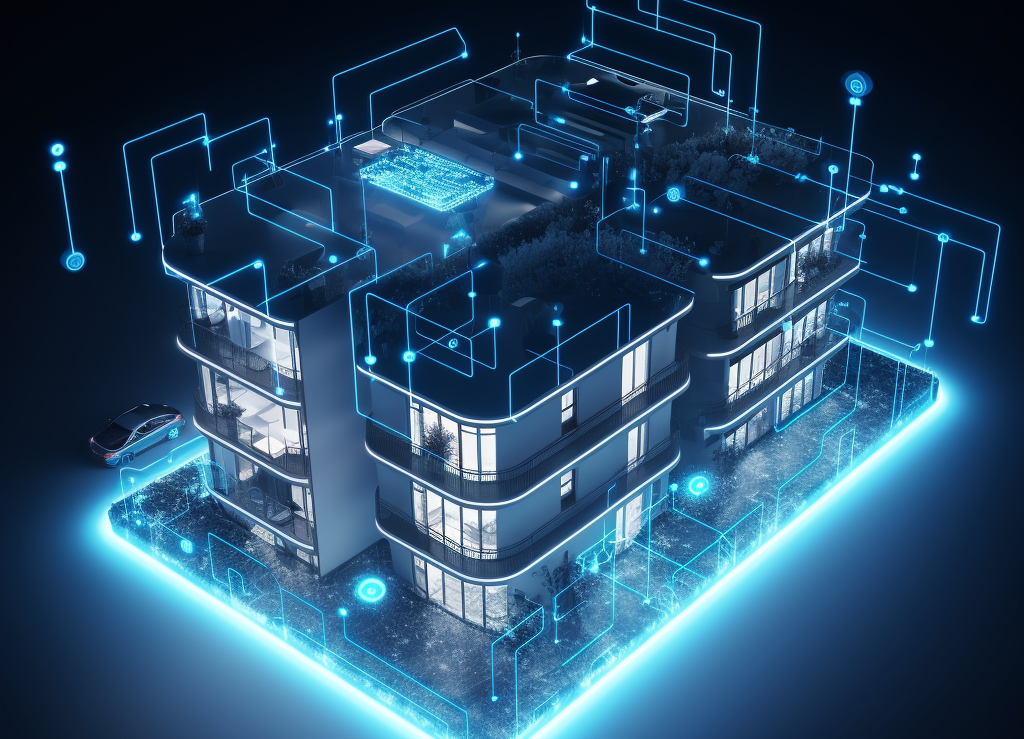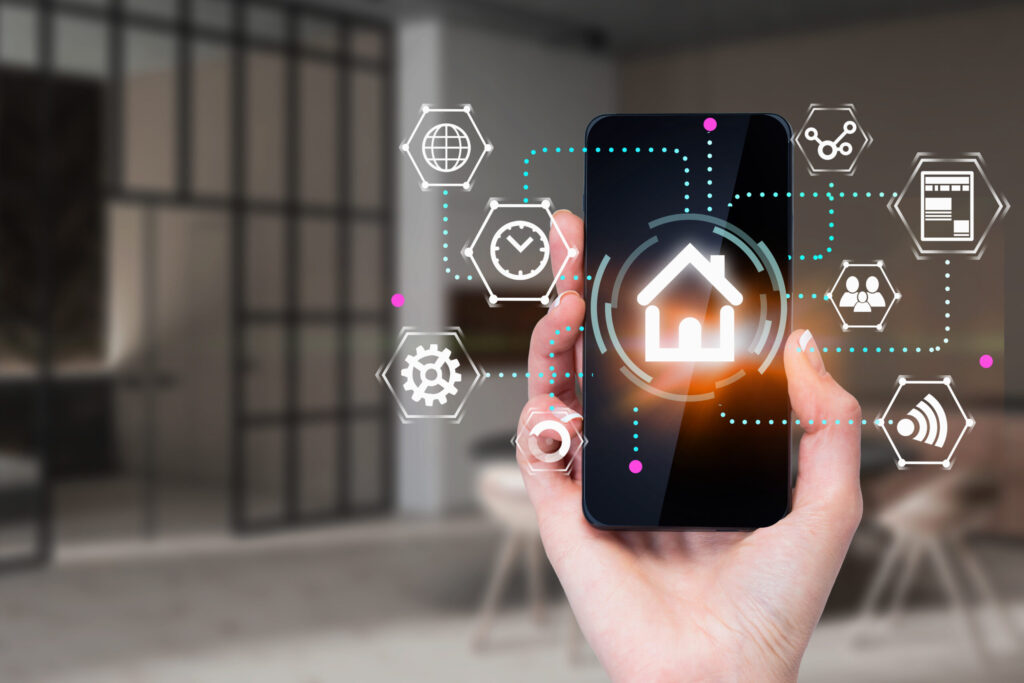In recent years, the Multifamily industry has seen a significant shift towards technology adoption, driven by the need to streamline operations, improve tenant experiences, and stay competitive. From property management systems and smart home technology to artificial intelligence and big data, Multifamily Property Technology (PropTech) has evolved rapidly. As technology becomes more integrated into the daily operations and management of Multifamily properties, cybersecurity has emerged as a critical concern.
A growing reliance on technology exposes property owners, managers, and tenants to a range of cyber threats, including data breaches and hacking. In this article, we will explore the growing importance of cybersecurity in Multifamily PropTech, discussing the evolution of the industry, the increasing rate of cyber threats, and the role of cybersecurity in protecting these properties. We will also provide key cybersecurity practices for Multifamily property managers and discuss the future of cybersecurity in the industry.
The Evolution of Multifamily Property Technology
The Multifamily property industry has come a long way since its early days when technology adoption was limited. Initial implementations focused on automating simple tasks such as rent collection and basic record-keeping. As technology advanced, property managers began to recognize the potential for improving efficiency and enhancing tenant experiences.
Today, property management systems have become the foundation of technology adoption in the Multifamily industry. These all-in-one platforms help property managers handle tasks like lead management, tenant screening, rent collection, lease management, and maintenance requests more easily. These software solutions not only helped streamline operations but also reduced errors, improved communication, and provided valuable insights into property performance.
The Internet of Things (IoT) brought about a new era of connected devices that allowed property managers to remotely monitor and control various aspects of their properties. Smart home technology, such as smart thermostats, lighting systems, and security cameras, have become increasingly popular in Multifamily properties, enhancing tenant experiences, and providing energy efficiency benefits.
Multifamily PropTech is becoming more sophisticated, incorporating artificial intelligence (AI) and machine learning. These technologies enable property managers to make data-driven decisions, optimize property performance, and predict trends. For example, AI-powered chatbots can assist with tenant inquiries, while machine learning algorithms can help identify potential maintenance issues before they escalate.
The Increase in Cyber Threats in Multifamily
As the industry becomes more reliant on technology, the risks associated with data breaches and hacking have grown exponentially. Property management systems (PMS) store a wealth of sensitive information, including tenant personal details, financial data, and access codes. Hackers can take advantage of weak spots in these systems to access sensitive information, leading to problems like identity theft, monetary loss, and damage to property.
The financial and reputational consequences of cyber-attacks can be severe for property owners, managers, and tenants. A successful cyber-attack can result in significant financial losses due to the theft of funds, ransom payments, and the cost of remediation efforts. In addition, a data breach can tarnish the reputation of a property management company, causing potential tenants to seek alternatives and reducing the value of the affected properties.
The Role of Cybersecurity in Protecting PropTech
Implementing strong cybersecurity measures is crucial for safeguarding the sensitive data and systems that Multifamily PropTech rely on. Robust cybersecurity practices not only help protect property managers and tenants from potential cyber-attacks but also contribute to maintaining trust and compliance with industry regulations.
As the Multifamily property industry becomes more technologically advanced, the demand for IT professionals and cybersecurity experts has grown. These specialists play a vital role in developing, implementing, and maintaining effective cybersecurity measures to protect the PropTech infrastructure. They help ensure that security best practices are followed, and vulnerabilities are addressed promptly.
To protect Multifamily PropTech from cyber threats, property managers should implement a comprehensive cybersecurity strategy that includes policies, practices, and tools to safeguard their digital assets. This strategy should cover aspects such as risk assessment, incident response planning, regular software and hardware updates, and employee training. By being proactive when it comes to cybersecurity, property managers can minimize the likelihood of a successful cyber-attack and mitigate the potential damage if an incident does occur.
Key Cybersecurity Practices for Property Managers
Outdated software and hardware can expose Multifamily PropTech to security vulnerabilities. Thankfully, most property management systems should be automatically updated by the vendor. Weak passwords are a common entry point for cybercriminals. Property managers should enforce strong password policies, requiring tenants and staff to use complex, unique passwords that are changed regularly. Multi-factor authentication (MFA) should also be implemented for all critical systems and applications to provide an additional layer of security.
Regular vulnerability assessments and penetration testing can help property managers identify and address potential security weaknesses in their technology infrastructure. Regularly scheduled scans of local workstations should also be implemented to identify and remove malware and ransomware from on-site computers. By proactively identifying and remediating vulnerabilities, property managers can reduce the risk of a successful cyber-attack.
Human error is a significant factor in many cybersecurity incidents. Property managers should invest in cybersecurity training for their staff and tenants, ensuring they are aware of potential threats and know how to protect their digital assets. Training should cover topics such as phishing awareness, safe browsing habits, and secure password practices.
The Future of Cybersecurity in Multifamily PropTech
As cybersecurity concerns become more prevalent, regulatory bodies have begun to impose stricter guidelines and requirements on the Multifamily property industry. Property managers must stay up to date with these regulations and ensure compliance to avoid potential fines and legal issues. Adhering to regulatory standards also demonstrates a commitment to protecting tenant data and maintaining a secure digital environment.
Emerging technologies, such as 5G connectivity and blockchain, have the potential to transform the Multifamily property industry further. However, these advancements may also introduce new cybersecurity challenges. Property managers must stay informed about the latest technology trends and evaluate their potential impact on security needs. Proactive adaptation to these emerging technologies will be essential for maintaining a robust cybersecurity posture in the future.
The cybersecurity landscape is constantly evolving, with new threats appearing regularly. Property managers must continually assess and adapt their cybersecurity strategies to stay ahead of these new challenges. By collaborating with IT professionals and cybersecurity experts, property managers can develop flexible and resilient security measures that can withstand the ever-changing threat landscape.
Conclusion
The growing importance of cybersecurity in the Multifamily property industry cannot be overstated. As technology continues to play a more significant role in property management, the need to protect digital assets and systems from cyber threats becomes increasingly critical. Property managers must prioritize cybersecurity by implementing strong policies, practices, and tools to safeguard their properties, tenants, and businesses. By staying informed about emerging technologies and threats, property managers can ensure a secure digital environment for their Multifamily properties and continue to adapt to the evolving cybersecurity landscape.













